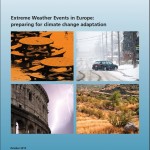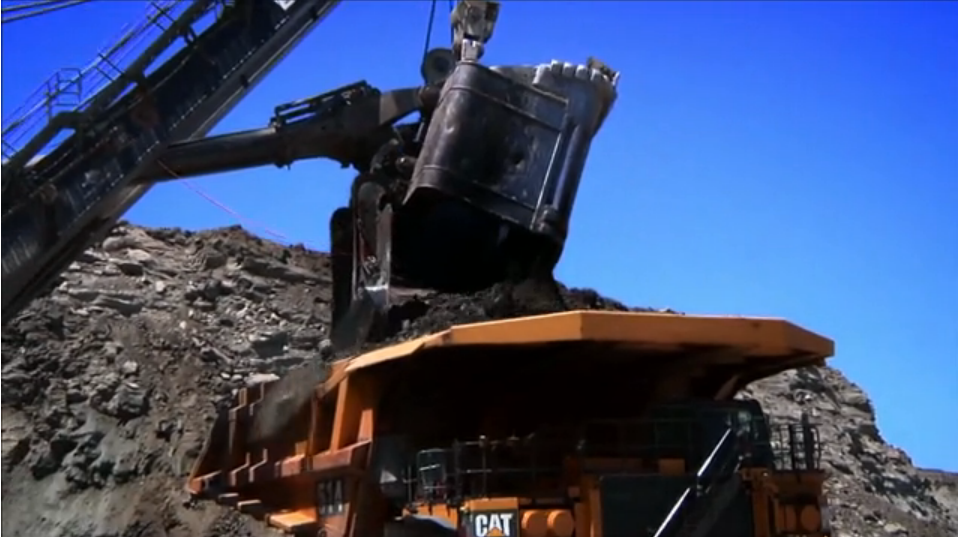I was disappointed by the recent summary for policymakers (SPM) of the intergovernmental panel on climate change (IPCC) assessment report 5, now that I finally got around to read it. Not so much because of the science, but because the way it presented the science.
The report was written by top scientists, so what went wrong?
[Read more…] about A failure in communicating the impact of new findings



